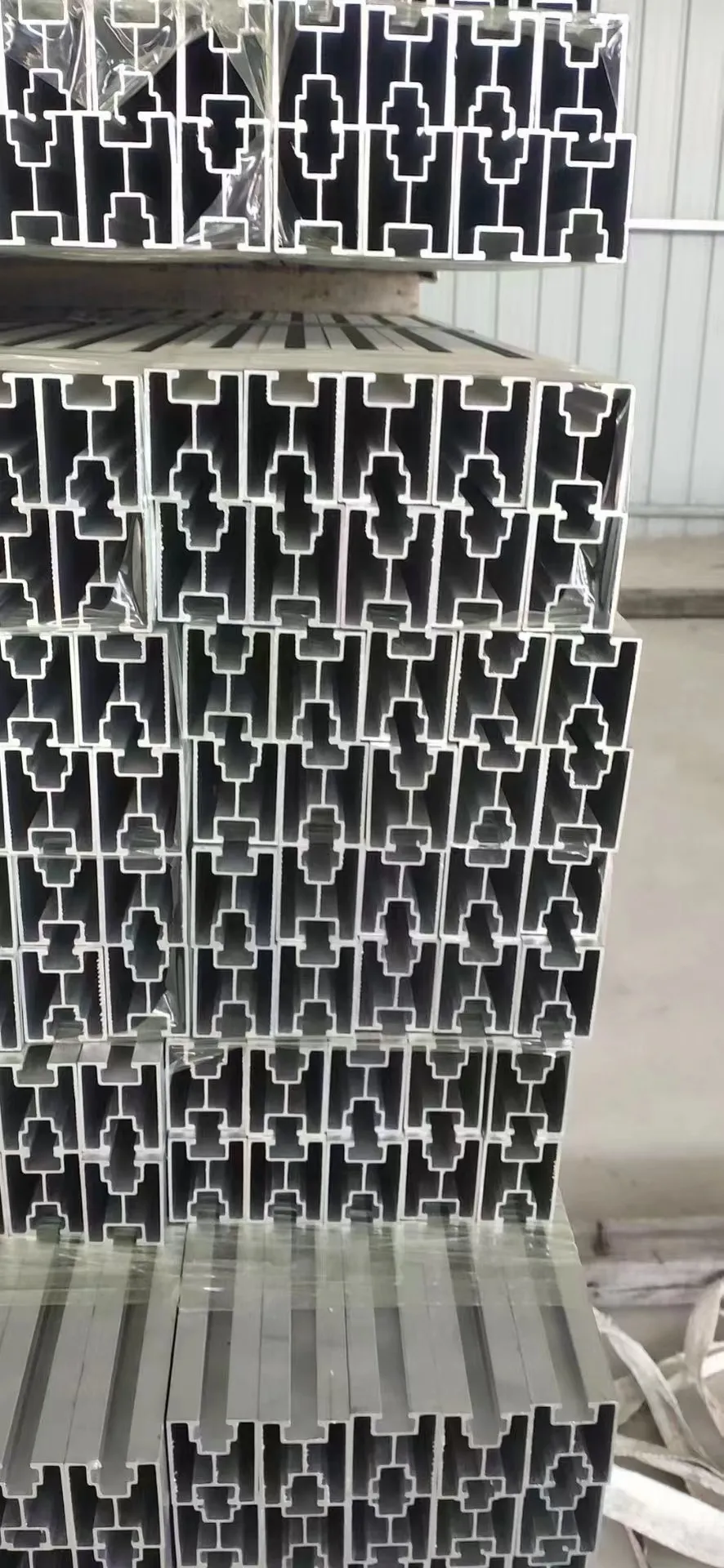

self-tapping metal screws can be briefly referred to as self
Nov . 05, 2024 20:32 Back to list
self-tapping metal screws can be briefly referred to as self
Understanding Self-Tapping Metal Screws A Brief Overview
Self-tapping metal screws have become a staple in various industries and DIY projects due to their convenient design and efficiency. Unlike traditional screws that require a pre-drilled hole, self-tapping screws can create their own threading as they are driven into materials, making them particularly valuable when working with metal. This article delves into the characteristics, types, applications, and advantages of self-tapping metal screws.
What Are Self-Tapping Screws?
Self-tapping screws are specially designed fasteners that can tap their own threads into the material they are driven into. This ability eradicates the need for a pre-drilled hole, drastically improving installation speed and efficiency. These screws come in various types, each with specific features that cater to different materials and applications.
Types of Self-Tapping Screws
1. Thread-Forming Screws These screws displace material to create threads without removing it, making them ideal for softer materials like plastic or thin metals.
2. Thread-Cutting Screws Unlike thread-forming screws, thread-cutting screws are designed with sharp cutting edges that remove material as they are driven in. These are particularly useful for harder metals and provide a strong hold.
3. Self-Drilling Screws Combining the functions of a drill and a screw, self-drilling screws have a drill-like point that can penetrate hard materials directly. This eliminates the need for a separate drilling step, making them highly efficient for tasks involving metal and other tough substrates.
4. Sheet Metal Screws Specifically engineered for fastening metal sheets, these screws often feature a distinct thread design that provides a secure grip in sheet metal applications.
Applications of Self-Tapping Metal Screws
Self-tapping screws find applications across a wide range of industries, from construction and manufacturing to automotive and electronics. Some common applications include
self-tapping metal screws can be briefly referred to as self

- Construction Used for securing metal framing and roofing systems, self-tapping screws are fundamental in modern building practices. - Automotive In vehicle assembly, these screws help fasten various components, ensuring structural integrity without the need for pre-drilling. - Manufacturing Many industrial and consumer products rely on self-tapping screws for easy assembly and maintenance. - Electronics In the assembly of electronic devices, self-tapping screws are utilized to secure casings and components, ensuring durability while minimizing assembly time.
Advantages of Self-Tapping Screws
The unique properties of self-tapping metal screws offer several advantages
1. Efficiency The ability to tap threads on their own significantly speeds up the installation process. This is especially advantageous in production lines or large projects where time is critical.
2. Versatility With various types available, self-tapping screws can be used in numerous applications and materials, providing flexibility for manufacturers and builders alike.
3. Strength When properly installed, self-tapping screws can provide a strong hold in metal and other tough materials, making them reliable choices for critical applications.
4. Cost-Effective The elimination of the need for pre-drilling allows for a reduction in labor costs and equipment usage, making self-tapping screws a cost-effective solution for many projects.
5. Ease of Use They can be driven into materials using standard power tools, making them accessible to both professionals and DIY enthusiasts.
Conclusion
Self-tapping metal screws represent a significant advancement in fastening technology, offering a blend of efficiency, strength, and versatility that is hard to match. Understanding their types and applications enables users to select the right screws for their specific needs, ensuring optimal performance in their projects. As industries continue to evolve and expand, the role of self-tapping screws is likely to grow, solidifying their place as essential components in the world of construction, manufacturing, and beyond. Whether you're a professional contractor or an avid DIYer, incorporating self-tapping metal screws into your toolkit is a smart choice that can enhance the quality and efficiency of your work.
Latest news
-
Hot Dip Galvanized Bolts-About LongZe|High Strength, Corrosion Resistance
NewsJul.30,2025
-
High-Strength Hot Dip Galvanized Bolts - Hebei Longze | Corrosion Resistance, Customization
NewsJul.30,2025
-
Hot Dip Galvanized Bolts-Hebei Longze|Corrosion Resistance&High Strength
NewsJul.30,2025
-
High-Strength Hot-Dip Galvanized Bolts-Hebei Longze|Corrosion Resistance&High Strength
NewsJul.30,2025
-
Hot Dip Galvanized Bolts-Hebei Longze|Corrosion Resistance&High Strength
NewsJul.30,2025
-
Hot Dip Galvanized Bolts - Hebei Longze | Corrosion Resistance, High Strength
NewsJul.30,2025

